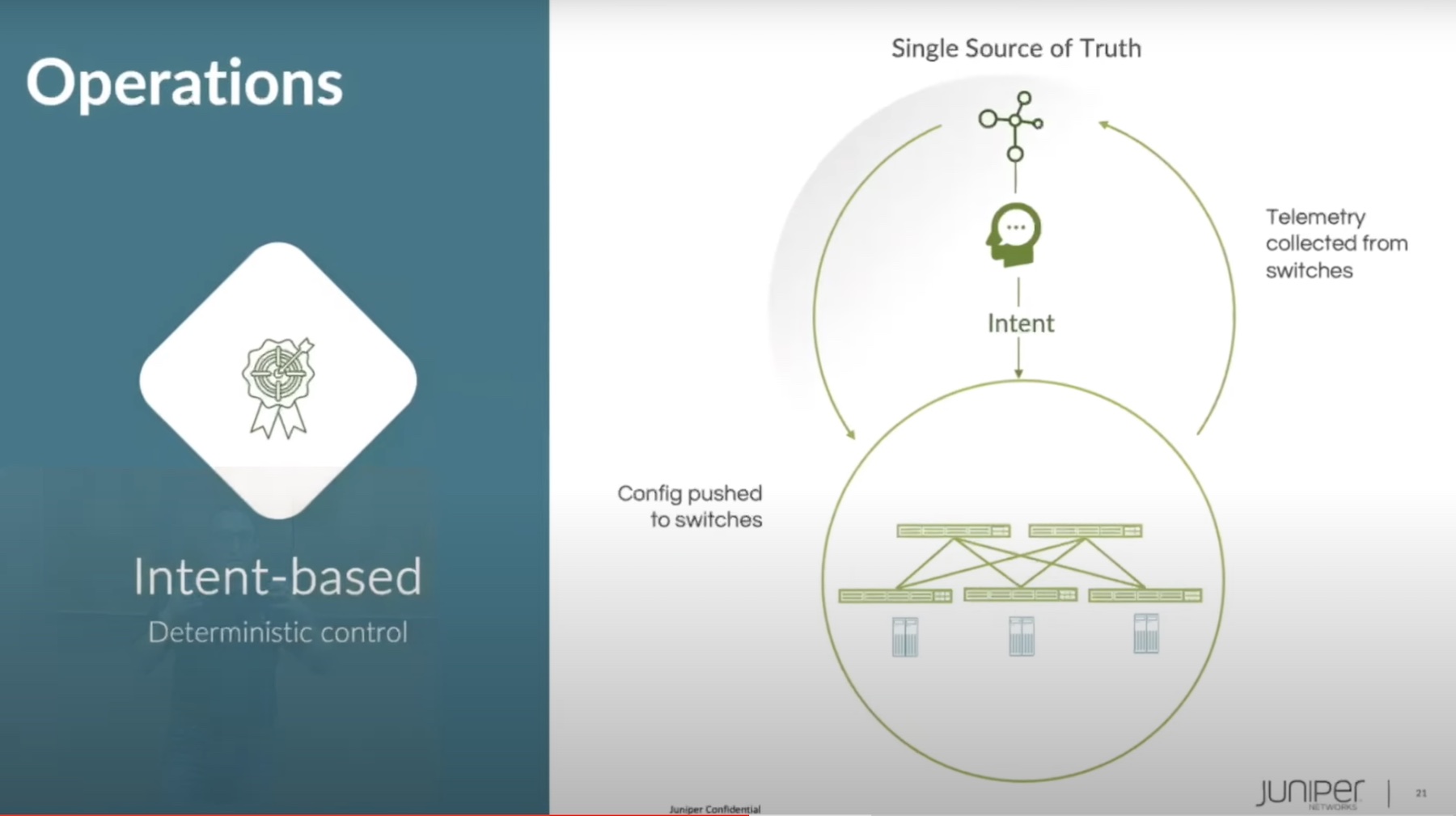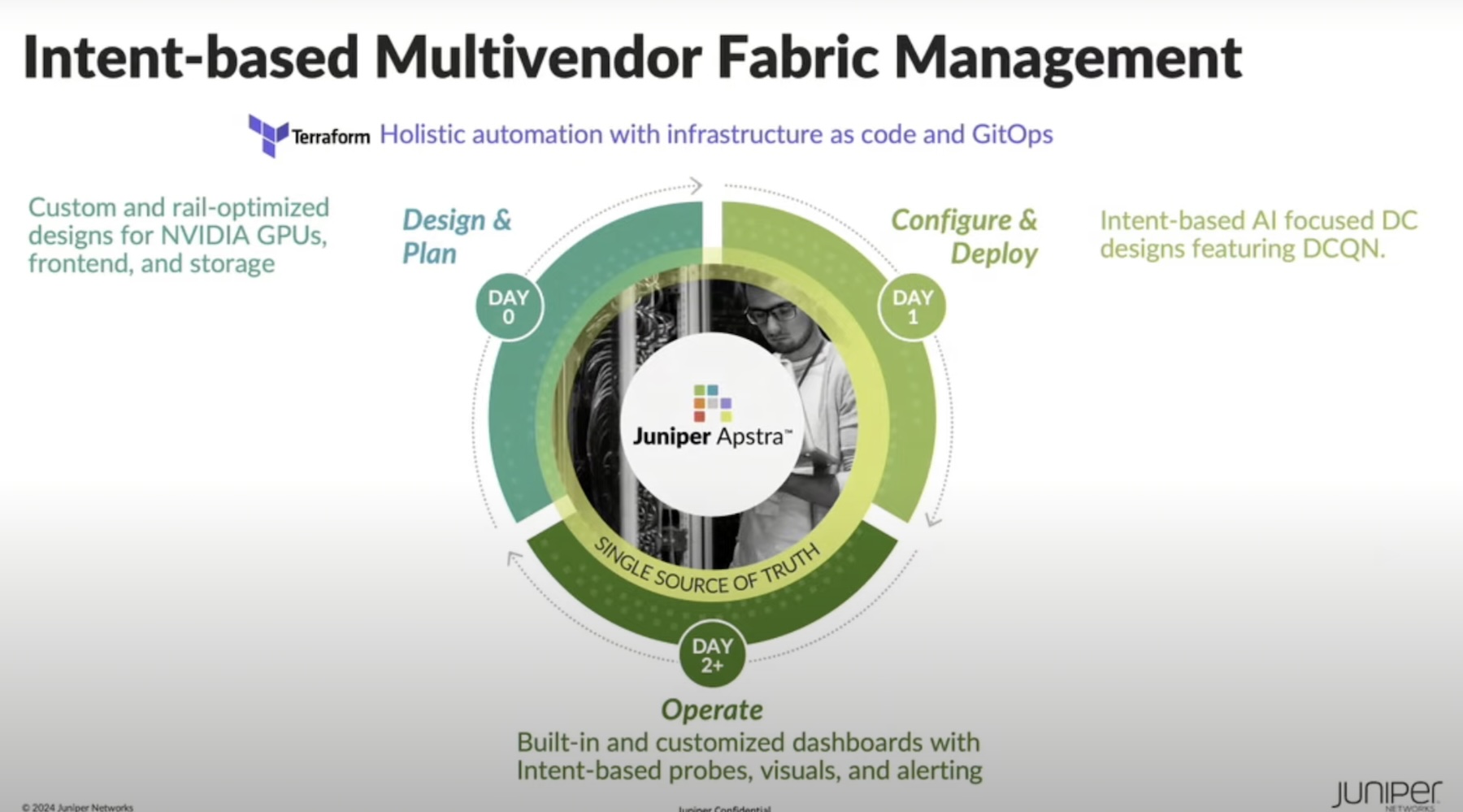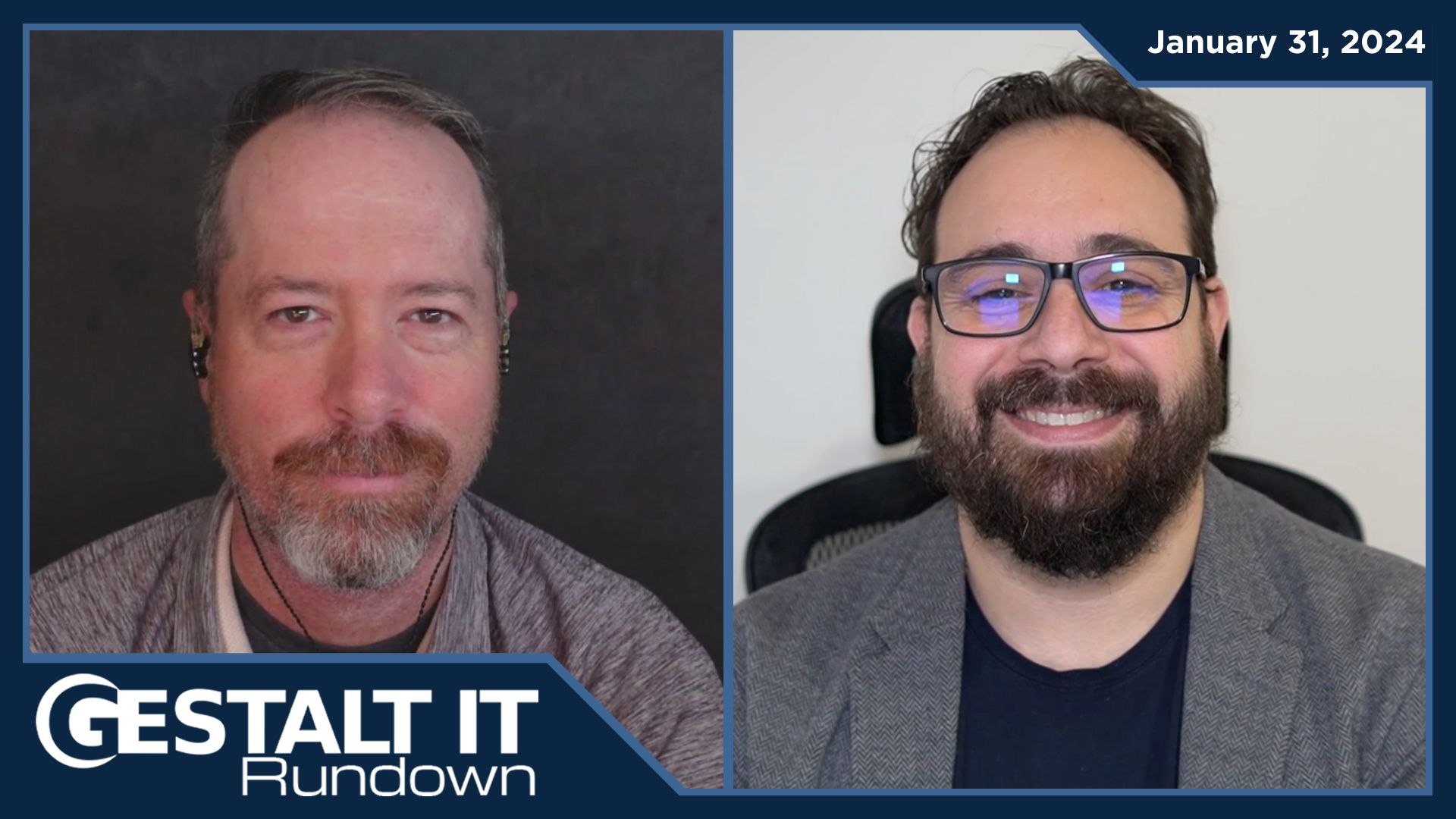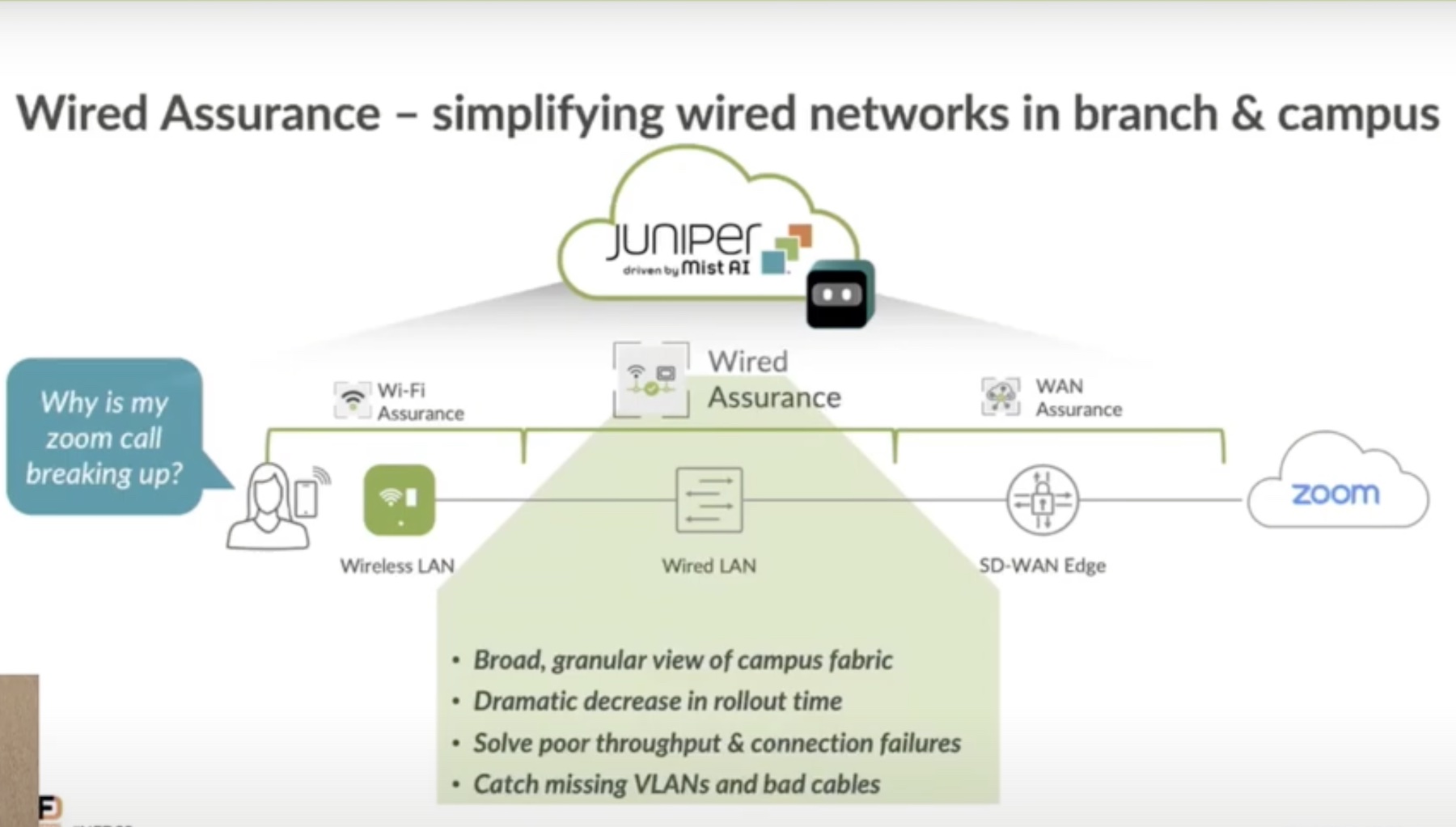Juniper is buying Apstra, AWS is scaling EBS to compete with SANs, SCOUTS is looking at CFAA and DeepMind is using AI to solve protein folding. We’ll discuss these stories and much more on this week’s Rundown!
Google is going shopping this holiday season. The cloud giant is buying Actifio to add data continuity to the Google Cloud portfolio. Actifio, a former Tech Field Day presenter, will be adding backup and DR options to users both in the cloud and in the on-premises enterprise. Financial terms of the deal were not disclosed. Actifio has had a year of ups and downs when it comes to their line of business, so this pickup by Google is a great way to close out 2020.
CloudFlare and Apple Trying to Obfuscate DNS
CloudFlare is being sneaky. In a good way. They have announced that they, along with engineers at Apple, have developed a new protocol designed to shield your web surfing habits from Internet providers. Oblivious DNS-over-HTTPS, or ODoH for short, builds on the encryption technology of DNS-over-HTTPS by decoupling the name lookup from the person making the lookup. The hope is that this will prevent providers from scanning which sites you’re visiting and building a profile about you. It also has far-reaching implications for government monitoring of their user base.
OpenZFS 2.0 Unifies Linux and FreeBSD
ZFS is finally one big happy family. Last week, Brian Behlendorf published OpenZFS 2.0 to GitHub. Among the list of new features was a note that the protocol now is the same on both Linux and FreeBSD. This unification ends the distinction between the two code bases and helps ensure that features are added to both platforms at the same time going forward. There are lots of other good features as well for those that are ready to compile and install the update.
FireEye Confirms Internal Hack
FireEye confirmed on Tuesday that they have been hacked. The attackers are unknown at this time but FireEye has disclosed that internal tools used to test client defenses were taken in the breach. The malcontents also seemed to be very interested in a specific subset of FireEye’s customers during their raid. They were looking up information about government agencies. Given the early stages of this attack FireEye isn’t saying much beyond the statement and the FBI isn’t commenting.
There’s nothing like getting yourself the gift you’ve always wanted. This week, Juniper Networks announced their intent to acquire intent-based networking startup Apstra. The news comes as Juniper is making moves across the networking space. Apstra, founded in 2014, has been building a networking platform that allows users to use policy to drive configuration and management of the network. The move will see the team at the startup augmenting Juniper’s automation of Junos and increase troubleshooting capabilities with features like the new Time Voyager.
AWS Scaling EBS to Compete with SANs
One of the big announcements from AWS re:Invent last week is the move to decouple Elastic Block Storage (EBS) compute and storage stacks. The move allows each part to scale independently of the other for performance gains. Amazon also released EBS Block Express, which they are dubbing as the “SAN built for the cloud”. Researchers are looking at the possibility that Amazon will include EBS Block Express with the on-premises Outpost offerings to compete directly with traditional enterprise SAN vendors.
Did you know that sharing your Netflix password is a federal crime? If you didn’t, you’re probably in the majority of people that have never read the 1986 Computer Fraud and Abuse Act (CFAA). The landmark law was the first to be passed to prevent unauthorized access to computer systems. However, the interpretation of the law has been varied over the past 35 years due to the vagueness in the language. Security researchers are especially worried because a broad interpretation of the law has led to it being used to stifle legitimate research, such as the Voatz election security debacle earlier this year. The Supreme Court is currently looking at a case that involves the nuances of the law and the initial leanings from the justices indicate it will be narrowed to exclude abuse by companies looking to prevent research.
DeepMind Uses AI to Solve Protein Folding
A lot of folks used to run Folding @Home on their computers back in the day, using the power of distributed computing to solve a very hard mathematical problem in organic chemistry. The way that proteins fold themselves together is one of the secrets of life that we haven’t been able to crack. At least, until now. DeepMind, which was acquired by Google, has announced that their AI system, named AlphaFold, has solved this problem. The team has been steadily improving the algorithms to be more accurate and this year they were able to predict amino acid shapes. The precision of the AI isn’t perfect, but being off by only the width of an atom is pretty close. The hope is that being able to predict protein folding will help with development of medicine and cure diseases that have vexed doctors for years, such as Alzheimer’s.
The Gestalt IT Rundown is a live weekly look at the IT news of the week. It broadcasts live on YouTube every Wednesday at 12:30pm ET. Be sure to subscribe to Gestalt IT on YouTube for the show each week.




